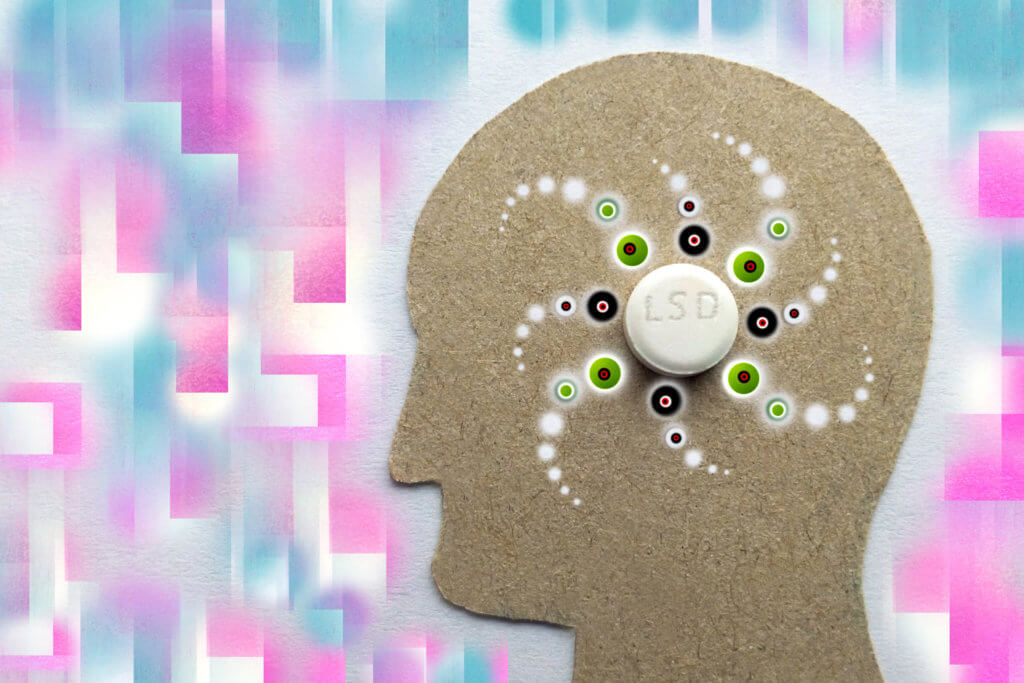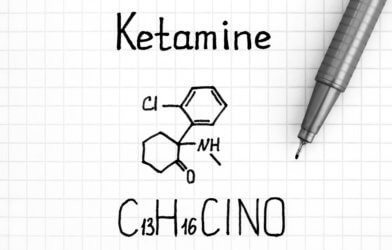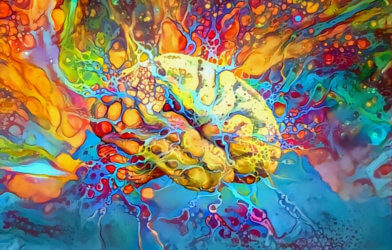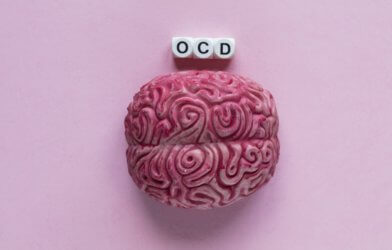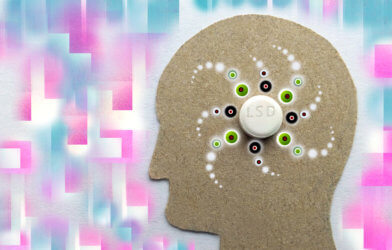Psychedelics like LSD and magic mushrooms are well known for taking drug users on a hallucinogenic trip. In recent years, doctors are turning to these mind-altering drugs as treatment options for brain disorders without causing chemical-induced experiences. Dr. Scott Thompson, from The University of Maryland School of Medicine, says he and his team have proved that the psychedelic compound psilocybin can produce different effects through separate mechanisms.
The international team of researchers show that a therapeutic technique called psychedelic microdosing allows patients to take small doses of LSD or psilocybin — the active ingredient in magic mushrooms — for several weeks to gain cognitive, psychological, emotional and health benefits. The patient does not suffer any psychedelic effect because the quantities are so small.
Thompson’s team blocked a specific receptor in mice brains responsible for turning on the drug’s psychedelic effects. “Using a model of depression, they further showed that ‘depressed’ mice treated with psilocybin benefitted from the treatment since they regained healthy behaviors even while the mechanism responsible for psychedelic effects was blocked,” the media release reads.
More research is being conducted on how these psychedelics can treat brain disorders like depression and anxiety. These psychedelics are safe toxicity-wise and have not been shown to be addictive. Recent studies have shown LSD and psilocybin can produce effects to help combat anxiety and depression, however, “their intense perceptual effects make it complicated to use them as treatments.” That’s where psychedelic microdosing comes into play as it mitigates their mind-altering effects.
Scientists say that hallucinogenic and therapeutic effects of these drugs can be decoupled. This is helping in the development of non-hallucinogenic versions of psychedelic drugs that could be used solely for their therapeutic value.
These psychedelics also play a role in the brain’s plasticity. Some brain disorders like depression have been associated with decreased neuroplascity and rigid thought patterns.
The findings are part of a presentation at the Federation of European Neuroscience Societies in Paris during July 2022. FENS — the main organization for neuroscience in Europe — represents 44 European national and single discipline neuroscience societies across 33 European countries and over 21,000 member scientists.
